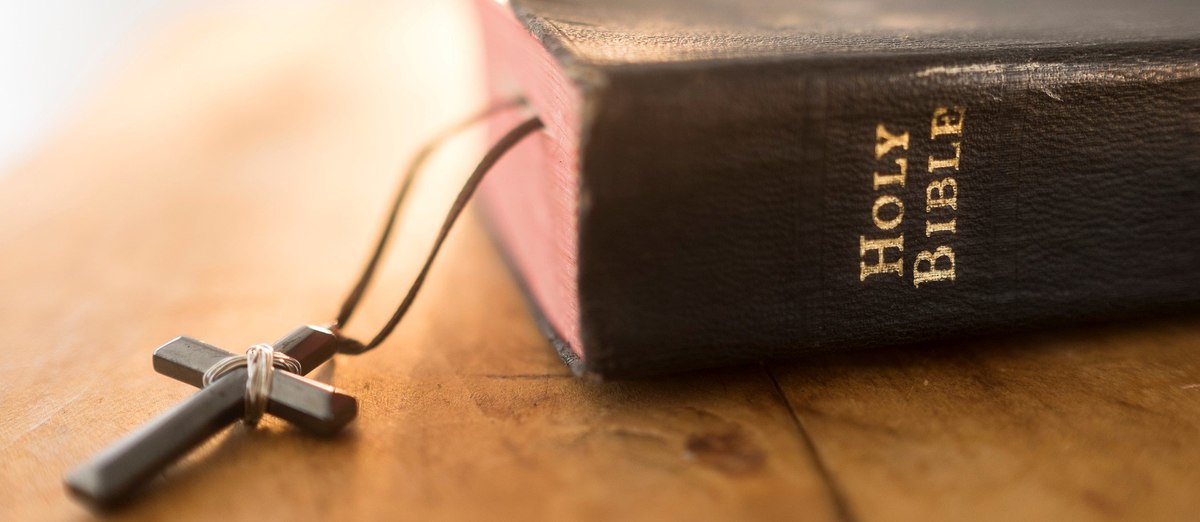Americans remain split on whether a presidential candidate's religious beliefs are important, according to the latest Economist/YouGov Poll.
Roughly half (48%) of Americans say a presidential candidate's religious beliefs and practices are important when deciding whom to vote for. A few more, 52 percent, land on the other end of the spectrum.
Religion remains an important factor in the presidential race, even among those who may not necessarily be religious themselves. Our data shows nearly a quarter (23%) of Americans who say religion isn’t important to them personally still think a candidate’s religious beliefs and practices are important when casting their vote.
Notable differences emerge along racial lines. Black Americans are more likely than any other racial group to say a candidate’s religion is important to them; 70 percent say so, compared to 46 percent of White Americans and 43 percent of Hispanic Americans.
Questions of faith
The religious beliefs of the candidates came to the fore after President Donald Trump said in August that Democratic candidate Joe Biden is “against God;” Biden responded, saying the president’s comments were “beneath the office he holds.” Trump’s comments were no doubt aimed to shore up the Evangelical voting bloc, which remains in his favor: 59 percent of self-described born-again evangelical Christians plan to vote Trump (56% said they voted for him in 2016), while 33 percent are poised to vote for Biden (27% voted for Democratic candidate Hillary Clinton in 2016).
There are clear divisions along party lines when it comes to importance of a candidate’s faith, but they aren’t stark. Two-thirds (66%) of Republicans say it’s important, while 43 of Democrats say so.
While a candidates’ religiosity is generally more important to Republicans, fewer voters in general think religion is important to the current president when compared to Biden. Roughly one in five (38%) registered voters think religion is important to President Trump, while about two-thirds (62%) say it is not important to him. Roughly half (52%) say religion is important to Biden, while nearly the same amount (48%) say it isn’t.
The Catholic factor
Biden is one of very few major-party candidates in US history to be of the Catholic faith; it’s a short list including John F. Kennedy, John Kerry and Al Smith. President Trump is Protestant.
It appears Biden’s faith isn’t drastically moving the needle among Catholic voters, but there is very slight movement in his favor: 43 percent say they’ll vote for Biden, compared to 38 percent who said they voted for Clinton in 2016. Among Protestant voters, 37 percent plan to vote for Biden, up from 30 percent who voted for Clinton.
Trump support among major affiliations remains steady: 56 percent of Protestants say they’ll vote for him this year, the same figure he garnered in 2016; 47 percent of Catholics intend to vote Trump in November, a statistically insignificant increase from the 50 percent who voted for him in 2016.
See the toplines and crosstabs from this week’s Economist/YouGov Poll
Methodology: The latest Economist survey was conducted by YouGov using a nationally representative sample of 1,500 US registered voters interviewed online between August 16 – 18, 2020. The sample was weighted according to gender, age, race, and education based on the American Community Survey, conducted by the US Bureau of the Census, as well as 2016 Presidential vote, registration status, geographic region, and news interest. Respondents were selected from YouGov’s opt-in panel to be representative of all US citizens. The margin of error is approximately 3.4% for the overall sample.










